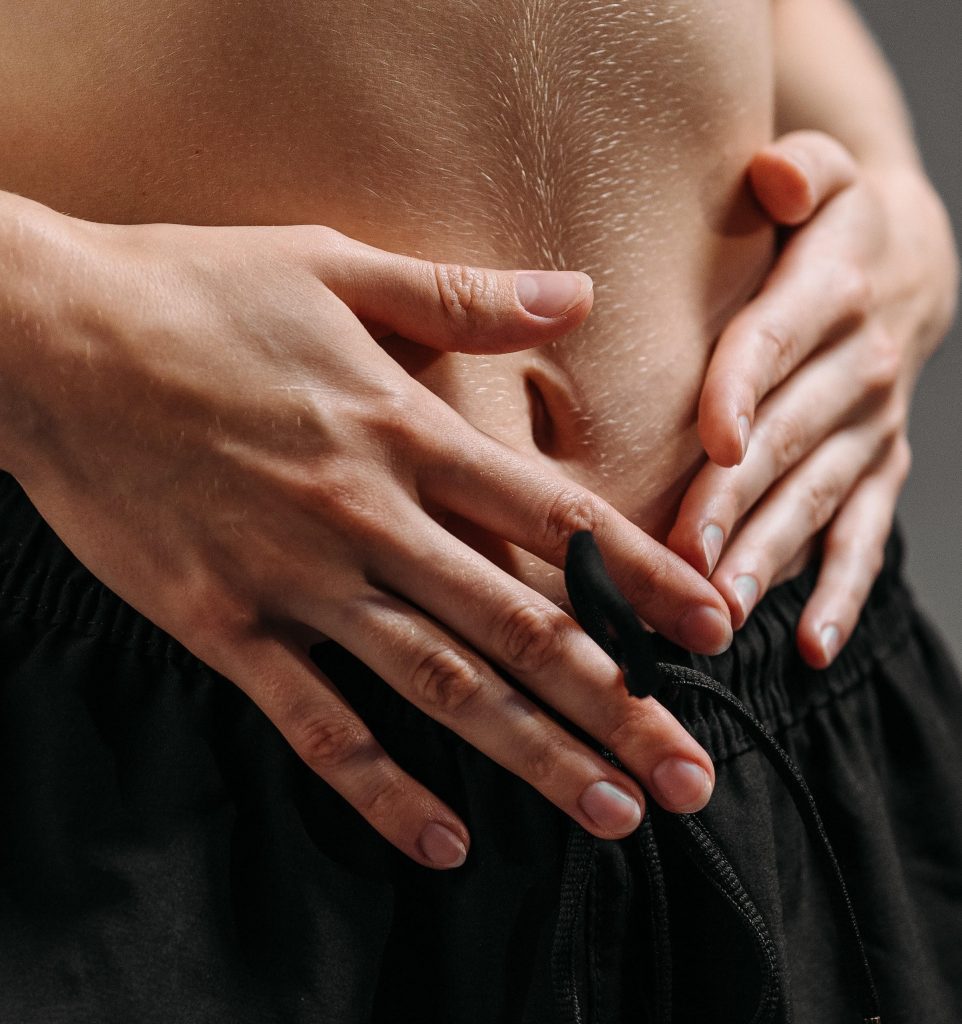What is Women’s Health Physiotherapy?
Physiotherapy for women’s health is a non-surgical treatment for a variety of issues affecting women’s health. In addition to pregnancy and delivery support, it addresses a wide spectrum of women’s needs.
Women need specific assistance when it comes to fitness, flexibility, and dealing with aches and pains in the body due to hormones, structural makeup, pregnancy, and childbirth. Here’s an overview of the basics of women’s health physiotherapy, so you’ll know what you can expect at your first appointment.
What to Expect in a Women’s Health Physiotherapy Appointment?
One of the questions frequently asked is “What should I expect during my appointment?”. Firstly, consent. There may be certain topics and questions that may be difficult for you to discuss. We will ask for your consent prior to asking certain questions and performing any assessments. We respect your privacy and rights. We want you to feel comfortable throughout the session.
We will then discuss your main concerns and what’s bothering you most. This includes your symptoms, what makes them better/worse, any patterns that you’ve observed, how long you’ve been experiencing your symptoms, and how they’re impacting your daily life.
From there, you will be asked a range of questions that are relevant to your presentation. This may include questions regarding your bladder and bowel habits, obstetric and gynecological history, social history (work, hobbies, physical activity), and sexual history.
Once we have a thorough understanding of your presentation, a physical assessment will be performed. This will generally start with an assessment of your pelvic floor function via an external assessment (under ultrasound) and/or internal assessment (with consent). During this, we will examine the resting tone, strength, endurance, coordination, and relaxation of the pelvic floor muscles. We will then go on to examine external structures related to your personal conditions/needs/goals. This may include lumbopelvic muscles/joints, abdominal separation, range of motion (flexibility), core musculature, bladder assessment under ultrasound, and biomechanics.
Finally, we will then work with you to develop a treatment plan that is tailored to your individual needs. This will include education, goal setting, exercises, manual therapy (hands-on treatment – if required), assistive devices (if indicated), and a layout of future physiotherapy sessions.
What Can I Do to Prepare for a Women’s Health Physiotherapy Appointment?
In the week leading up to your appointment:
Try to keep a diary of your symptoms including the frequency, severity, any patterns, and what makes it better/worse. The ‘notes’ app on your phone is a great way of tracking any patterns/symptoms!
On the day of your appointment:
Just relax! Please arrive with a full bladder and aim to be 10 minutes early to fill out paperwork and a questionnaire regarding your symptoms (this helps us to keep track of progress).
Pre- and Post-natal – When Should I See a Womens’ Health Physiotherapist?
Prenatal:
We recommend coming in for an initial prenatal assessment during your second trimester. During this assessment, we will check your pelvic floor function, abdominal separation, musculature, joints, and any other concerns you may have. We will then develop an individualised safe exercise program to assist with pelvic floor function, core stability, prevention of pelvic girdle/lower back pain, and generalised fitness. During the third trimester, physiotherapy is important to prepare for labour and birth.
Postnatal:
We recommend coming in for a postnatal assessment at 6 weeks postpartum (or earlier if you have any concerns). During this assessment, we will check your pelvic floor function, abdominal separation, prolapses, musculature, joints, and any other concerns you have. We will then develop a structured ‘return to function’ plan that will assist you on your postpartum journey (and beyond!).
In Conclusion…
Womens’ Health Physiotherapists are trained to assess, diagnose, and manage a range of conditions including:
- Bladder concerns including incontinence, frequency, overactivity, and urgency
- Bowel concerns including constipation, incontinence, pain/straining on defecation
- Pelvic floor dysfunction
- Prolapses
- Prenatal care including pelvic girdle pain, safe exercise, preparation for birth, pelvic floor dysfunction, pregnancy massage
- Postnatal care including pelvic floor dysfunction, abdominal separation, return to safe exercise/activities, cesarean scar management, mastitis management
- Reproductive/menstrual concerns including PCOS and endometriosis
- Sexual concerns including painful intercourse
- Osteoporosis and osteopenia
- Post abdominal and gyne surgery
- Menopause
- Clinical pilates
- General health and well-being
Women’s Health Physiotherapy has been helping women stay healthy and active throughout all life stages. If you, or anyone you know, is interested in a women’s health appointment, you can book online at www.corehealthcare.com.au or call 1300 012 273.
If you would like to learn more about what womens’ health physiotherapists do or useful educational tips, the following Instagram page is a useful resource: @femmephysio_

